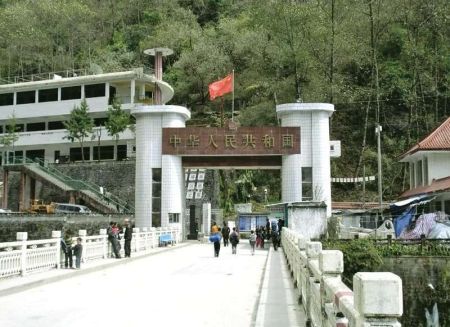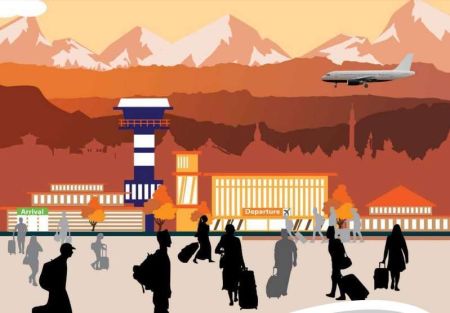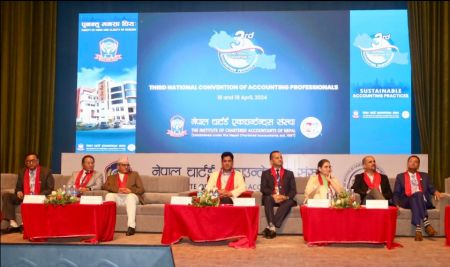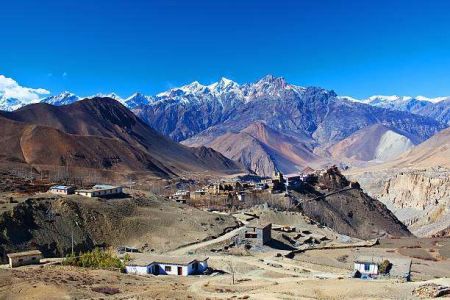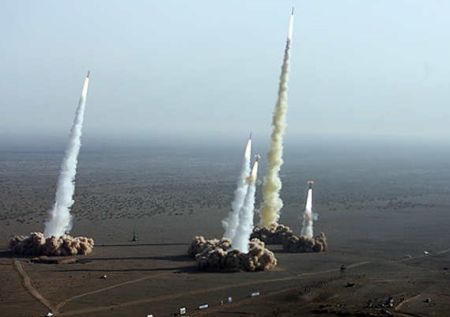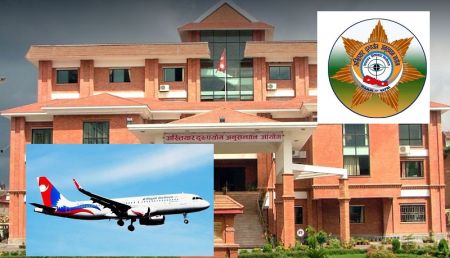.jpg)
If the business-economy related laws pending in parliament or in the government ministries are legislated, the quake-hit economy will get more relief than from the big money that the donors pledge.
Various assessments have come out about the losses from the major earthquake of April 25 and subsequent strong aftershocks. And the focus of every such assessment is on how much money is needed to recover the loss. Hence the impression is that if that much money is made available, everything will spring back to normal after some time-lag. But this is an utter misconception.
Of course Nepal lacks money, but the bigger hurdle is legal. And that problem was diagnosed years back and remedies are already prepared in the form of draft laws that are pending in parliament as Bills. Some other bills are still in the draft stage and yet to be presented to parliament. If those proposed new laws and amendment to the existing laws (in total some 30 new laws or amendments) are legislated that will be a big relief to the business sector. The question of money may come after that.
It is not the lack of money that is the immediate problem for the business community or for the government. Rather, the problem is the inability of the government to spend whatever money it has. That is why the government is unable to spend even 50% of the budget that is set aside for capital expenditure.
The government’s poor performance on capital expenditure and the private sector’s poor performance in increasing investment and capacity utilization can both be attributed to legal hurdles. Examples are aplenty. And the project implementation is delayed due to problems in laws related to awarding contracts, procurement of material and acquisition of land as well as in the use of forest land.
One related problem is the tendency to change the law to give more discretionary powers to the government officers and to procrastinate when it comes to giving more freedom to the private sector and individuals. A recent example is seen in the declaration of Kathmandu as a disaster-hit region, which gives the civil servants authority to curtail some civil rights of the individuals. This is clearly an authoritarian practice.
In fact, the entire political leadership seems to be turning a blind eye to the plight of the economy. The winter session of parliament which is supposed to focus on enacting general laws only (with the budget session focused on enacting budget related laws only), was perfunctorily called in session and dismissed within a few days without transacting any significant business.
Though there was a positive development when the four major political parties agreed on a formula to fast track the new constitution, similar unity across the political parties is not seen in the legal questions that facilitate the economy.
Against this background, Nepal cannot expect much from the donor meet scheduled for June 25. Even if the meet results in a promise to provide a big amount of money as a grant or loan, history indicates that the Nepali economy will not be able to utilize that money.





